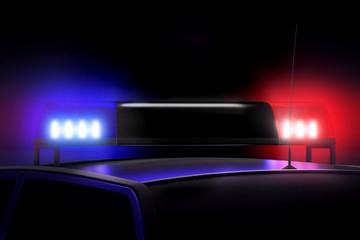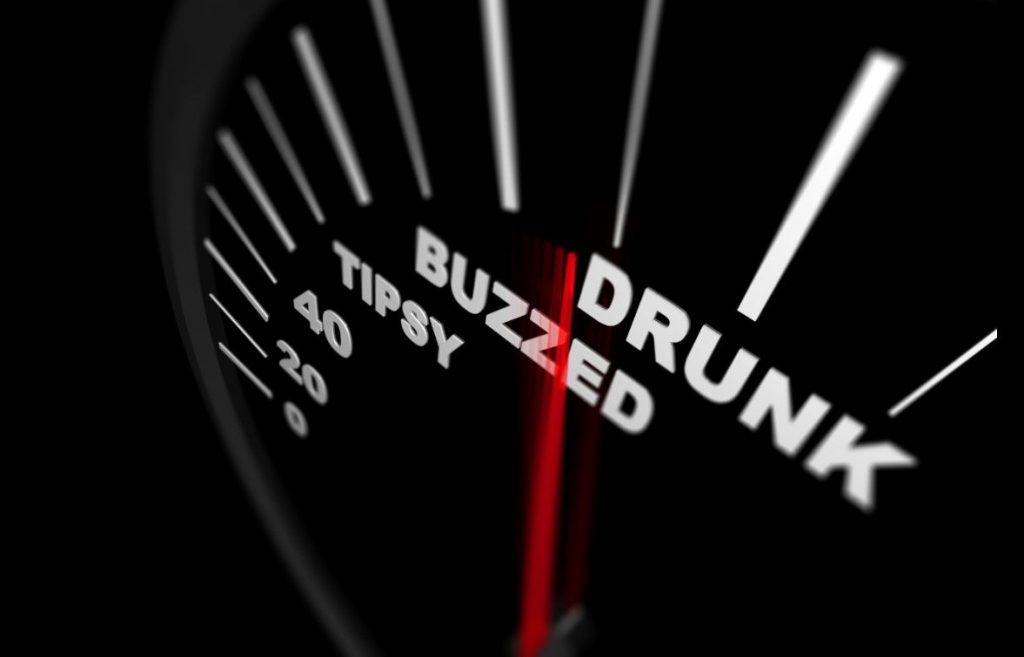White-Collar Crime
February 24th, 2020
In 1939, the American Sociologist, Edwin Hardin Sutherland introduced the concept of white-collar crime, and defined it as “a crime committed by a person of respectability and high social status in the course of their occupation.”
While criminal prosecutions primarily take place on a state level, white- collar crimes are often prosecuted on the federal level, often because they are committed crossing state lines.
In the result of a white-collar crime, there is generally a financial gain at the expense of another, and there is no violence involved.
Some examples of white-collar crimes are: Fraud, identity theft, embezzlement, money laundering, employee theft, credit card theft, asset forfeiture, mail and wire fraud, and last but not least, extortion.
If charged with a white-collar crime one faces financial penalties, or even prison time, depending on the specific allegations. In many situations however, one’s professional license can be compromised in the result of a conviction or even just an investigation for an alleged white -collar crime. Therefore, it is important to consult with an attorney as soon as you become aware of an investigation or a charge pending against you.
If you are charged or investigated for an alleged white-collar crime in Southeastern North Carolina, in or around Wilmington, NC, in New Hanover County, Brunswick County, or Pender County, call Collins Law Firm at 910-793-9000 for a confidential consultation.
By Jana H. Collins



 As the summer season comes to a close this year, there are more cars on the road –schools are fully back in session, and New Hanover County has had a continuously increasing number of residents which is currently at 227,000+. And, events such as the Wilmington Riverfest and the Cape Fear Fair and Expo attract tourists to add even more to our already crowded streets.
As the summer season comes to a close this year, there are more cars on the road –schools are fully back in session, and New Hanover County has had a continuously increasing number of residents which is currently at 227,000+. And, events such as the Wilmington Riverfest and the Cape Fear Fair and Expo attract tourists to add even more to our already crowded streets. Labor Day 2019 in Southeastern North Carolina is expected to be a busy and dangerous holiday. Being the holiday weekend that traditionally wraps up the summer season, travelers are anxious to get their last beach trip of the year started, and Star News reported yesterday that nearly one-third more fatal accidents occur on Labor Day weekend than a typical three-day period. In 2017 alone, 354 fatal car accidents occurred during the Labor Day weekend across the United States, leaving 374 people dead.
Labor Day 2019 in Southeastern North Carolina is expected to be a busy and dangerous holiday. Being the holiday weekend that traditionally wraps up the summer season, travelers are anxious to get their last beach trip of the year started, and Star News reported yesterday that nearly one-third more fatal accidents occur on Labor Day weekend than a typical three-day period. In 2017 alone, 354 fatal car accidents occurred during the Labor Day weekend across the United States, leaving 374 people dead. Ever since Rule 414 of the North Carolina Rules of Evidence, now known as the controversial “billed versus paid” law, was amended in October of 2011, personal injury victims who are covered by health insurance can now only prove damages for the amount that was actually paid, not what was billed. This may seem logical at first, but considering how insurance companies will negotiate lower payments to medical providers, this can cause insured victims to lose a major portion of what they could have claimed for damages.
Ever since Rule 414 of the North Carolina Rules of Evidence, now known as the controversial “billed versus paid” law, was amended in October of 2011, personal injury victims who are covered by health insurance can now only prove damages for the amount that was actually paid, not what was billed. This may seem logical at first, but considering how insurance companies will negotiate lower payments to medical providers, this can cause insured victims to lose a major portion of what they could have claimed for damages. The planning and design for the Cape Fear Crossing Project has been postponed indefinitely, as of August 13, 2019.
The planning and design for the Cape Fear Crossing Project has been postponed indefinitely, as of August 13, 2019. During this December holiday season, a record-breaking 112.5 million Americans will be traveling, which is a 4.4% increase since last year, according to American Automobile Association (AAA). While many people may choose to fly this holiday season, it is important for the ones who are driving to their Christmas destinations to be prepared for their travels, no matter the distance. Some precautions you should take to help ensure safe travels include making sure you have gotten a recent oil change, and if not do so, check your tires to make sure they have the right pressure, keep your gas tank at least ¼ full, do not let it go below that, and be sure to secure all luggage in the car.
During this December holiday season, a record-breaking 112.5 million Americans will be traveling, which is a 4.4% increase since last year, according to American Automobile Association (AAA). While many people may choose to fly this holiday season, it is important for the ones who are driving to their Christmas destinations to be prepared for their travels, no matter the distance. Some precautions you should take to help ensure safe travels include making sure you have gotten a recent oil change, and if not do so, check your tires to make sure they have the right pressure, keep your gas tank at least ¼ full, do not let it go below that, and be sure to secure all luggage in the car. Thanksgiving—traditionally a celebration of the blessings of the year, including the harvest—is generally the begin of the “Holiday Season” in the United States.
Thanksgiving—traditionally a celebration of the blessings of the year, including the harvest—is generally the begin of the “Holiday Season” in the United States. In an attempt to ensure school bus safety, the North Carolina State Highway Patrol is taking proactive steps by launching their annual week-long statewide Operation Stop Arm beginning today, October 15, 2018. State Troopers will be aggressively enforcing stop arm violations and other traffic violations in and around school zones statewide through the end of school Friday, October 19, 2012.
In an attempt to ensure school bus safety, the North Carolina State Highway Patrol is taking proactive steps by launching their annual week-long statewide Operation Stop Arm beginning today, October 15, 2018. State Troopers will be aggressively enforcing stop arm violations and other traffic violations in and around school zones statewide through the end of school Friday, October 19, 2012.